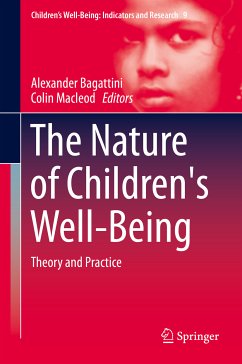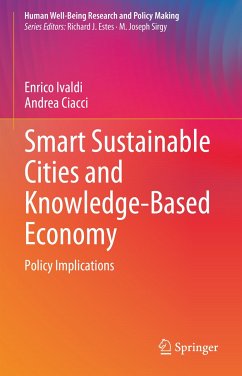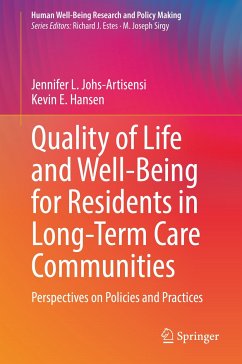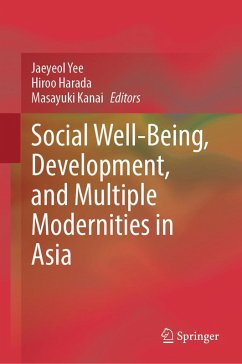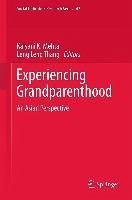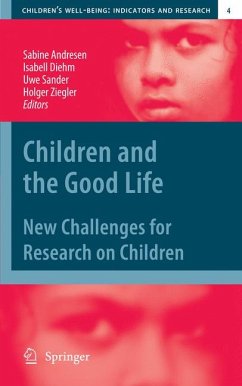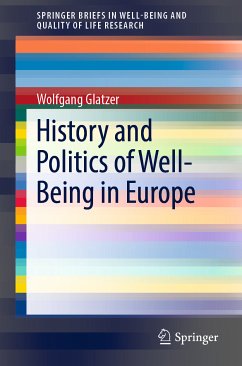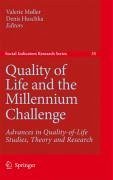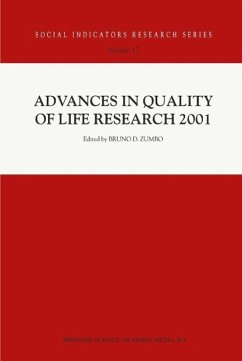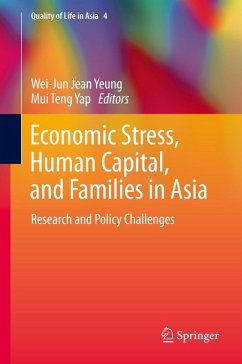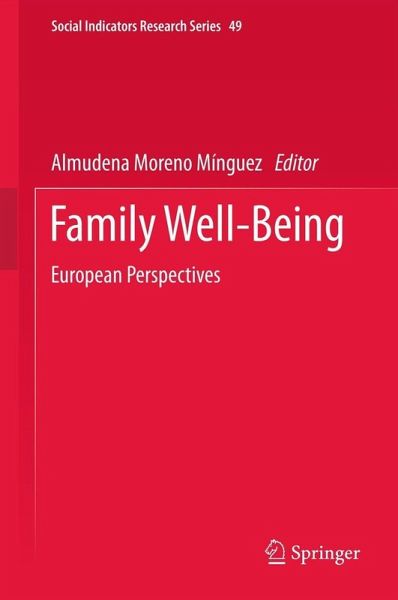
Family Well-Being (eBook, PDF)
European Perspectives
Redaktion: Moreno Minguez, Almudena
Versandkostenfrei!
Sofort per Download lieferbar
72,95 €
inkl. MwSt.
Weitere Ausgaben:

PAYBACK Punkte
36 °P sammeln!
In the international literature there is a broad scope for comparative research on the welfare regime, family change and gender relations, but we have no book that comprehensively collects the main research that has been conducted from the perspective of family well-being. Thus, this volume focuses on the comparative analyse of family and well-being in a European perspective, a dimension which literature has not covered till the present. This book collects the researches done in Europe on family well-being and compares family change and well-being in different institutional and cultural contex...
In the international literature there is a broad scope for comparative research on the welfare regime, family change and gender relations, but we have no book that comprehensively collects the main research that has been conducted from the perspective of family well-being. Thus, this volume focuses on the comparative analyse of family and well-being in a European perspective, a dimension which literature has not covered till the present.
This book collects the researches done in Europe on family well-being and compares family change and well-being in different institutional and cultural contexts. It takes a deeper look at early evidence of family well-being and presents a compilation of findings from the main researchers on this topic.
A broad range of topics is covered from the theorizing of children's well-being to the development of specific measures of family well-being. The book also outlines pivotal methodological and conceptual issues. A distinguished, international group of researchers provide insights into the dynamics of family change and well-being, using indicators as a means to confront new phenomena as well as to bridge data and theory.
This book collects the researches done in Europe on family well-being and compares family change and well-being in different institutional and cultural contexts. It takes a deeper look at early evidence of family well-being and presents a compilation of findings from the main researchers on this topic.
A broad range of topics is covered from the theorizing of children's well-being to the development of specific measures of family well-being. The book also outlines pivotal methodological and conceptual issues. A distinguished, international group of researchers provide insights into the dynamics of family change and well-being, using indicators as a means to confront new phenomena as well as to bridge data and theory.
Dieser Download kann aus rechtlichen Gründen nur mit Rechnungsadresse in A, B, BG, CY, CZ, D, DK, EW, E, FIN, F, GR, HR, H, IRL, I, LT, L, LR, M, NL, PL, P, R, S, SLO, SK ausgeliefert werden.




